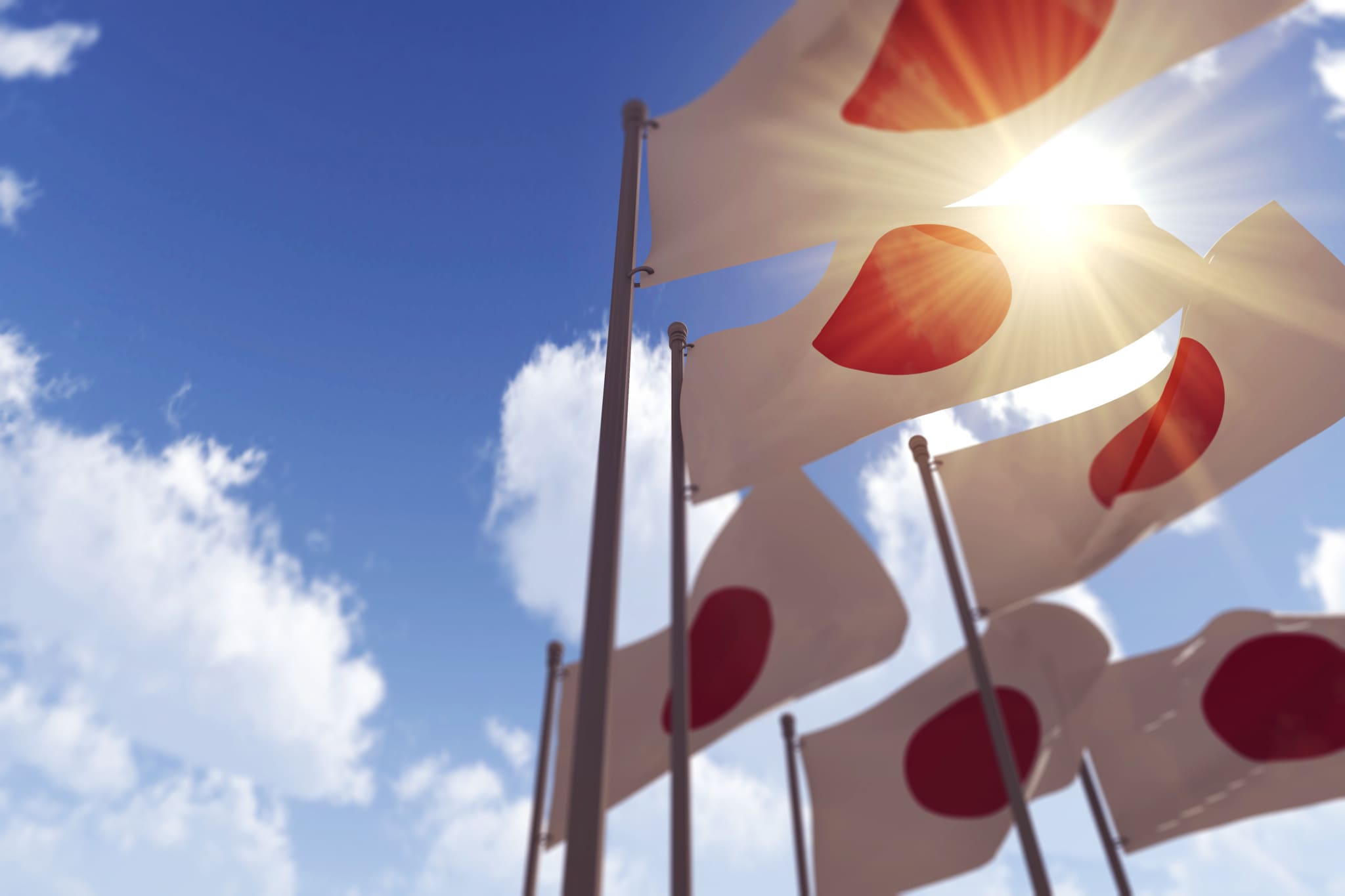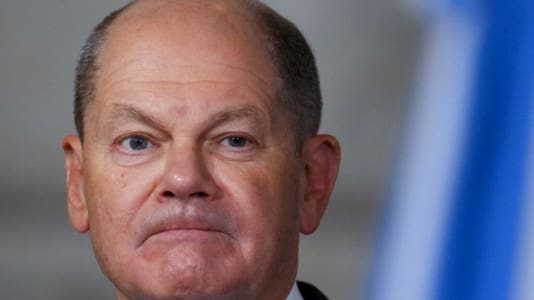Polish Prime Minister Mateusz Morawiecki met his Japanese counterpart Fumio Kishida in Warsaw where they discussed Polish-Japanese cooperation, especially with regard to the economy and investment. They also discussed the situation in Ukraine, a country Kishida had visited hours earlier. The Polish prime minister commented that a new geopolitical chapter was opening in the world.
Morawiecki thanked the Japanese prime minister for his visit and recalled how they had met a year earlier in Brussels. He said both Poland and Japan had experience with Russian imperialism and understood it only too well.
The Polish prime minister said he regarded Kishida’s visit to Kyiv as support and recognition for Ukrainian sovereignty, territorial integrity and defense of both freedom and democracy. He added that the Japanese prime minister’s visit was yet another sign of a new geopolitical order in the world in which countries that think alike about peace and freedom will cooperate together very closely.
Morawiecki expressed concern over the visit to Moscow by Chinese President Xi Jinping. He and Putin signed a partnership agreement despite the arrest warrant for Putin issued by the International Criminal Court (ICC). The Polish prime minister said that the China-Moscow axis is “dangerous” and that efforts would continue to persuade China not to support Russia in its aggressive foreign policy. He also felt that there was a need for countries from the global south to understand the dangers of what Putin was doing, and he signaled that Poland and Japan were willing to engage in dialogue with these states. Morawiecki promised that at this week’s European Council summit, he would be speaking on Japanese efforts to bring stability to the region.
Japan’s prime minister expressed his respect and thanks for the role Poland has played in military and humanitarian assistance for Ukraine. He said that as a result of the added burdens on Poland caused by Russian aggression in Ukraine, Japan had decided to grant Poland special status enabling it to receive Japanese development aid, even though Poland, strictly speaking, was no longer classified as a developing country. He hoped that this would increase the number of joint projects between the two countries.
Kishida said that in order for the war to end, there is a need for Western unity, more aid for Ukraine and the continuation of sanctions against Russia. He said that as the country currently chairing the G7 states, he wanted to be active on Ukraine and that is why he had visited Kyiv as a demonstration of support of the entire G7 for the Ukrainians.
In terms of the partnership with Poland, he said he felt that the strategic partnership on security, the economy and energy would be strengthened and expanded to areas such as cybersecurity, telecommunications and space exploration. According to the Japanese head of government, there are currently 350 Japanese businesses engaged in Poland, mainly from the manufacturing sector. He hoped that new areas of cooperation could be established, such as environmentally clean technologies and hydrogen power. He also promised Japan would increase its involvement in the Three Seas Initiative.






